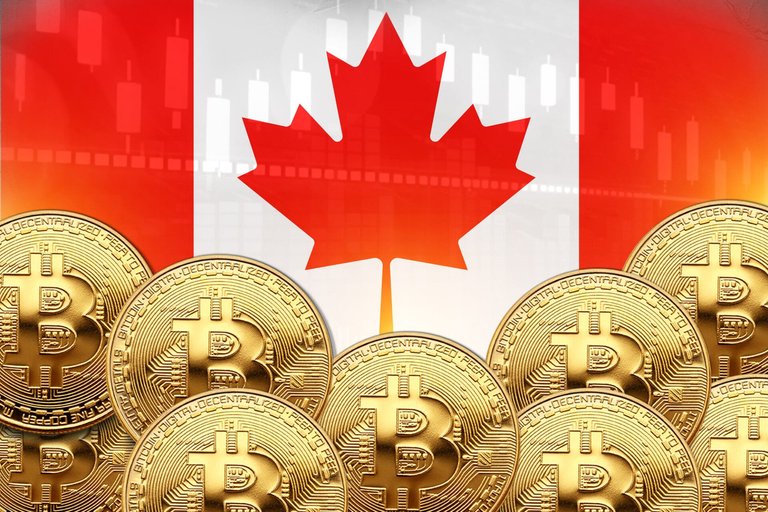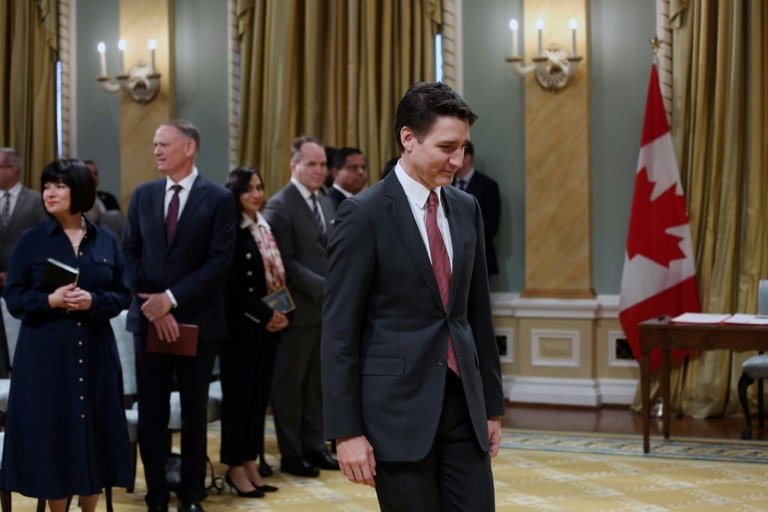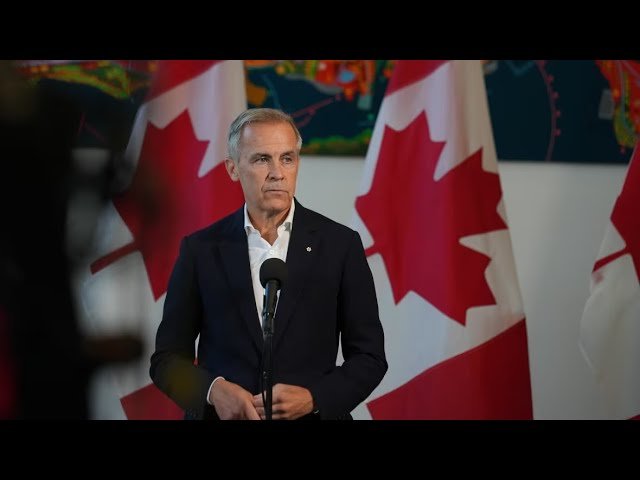
Canadian Prime Minister Justin Trudeau has announced his resignation after nearly a decade in power. Since taking office in 2015, Trudeau has been a defining figure in Canadian politics, but he now says he will step down as Liberal Party leader and prime minister once his successor is chosen.
This decision, according to Trudeau, stems from “internal struggles” within his party, which he believes hinder his ability to govern effectively. “I cannot be the one to carry the Liberal banner into the next election,” he stated during a press conference.
Economic Pressures and Political Criticism
While political tensions played a role, Trudeau’s economic policies have also been a focal point of criticism. Over the years, he faced increasing backlash for what many deemed ineffective measures to curb inflation. These economic challenges eroded public trust and added to the mounting pressure on his leadership.
Trump’s Take on Trudeau’s Resignation
Trudeau’s decision has caught the attention of Donald Trump, who has repeatedly mocked the Canadian leader, referring to him as “the governor.” Trump has even suggested that Canada could become the 51st U.S. state—a controversial notion he voiced on social media and in meetings with Canadian leaders.
In a post on Truth Social, Trump wrote: “Many Canadians would love to be the 51st State. The U.S. can no longer tolerate the massive trade deficits and subsidies that keep Canada afloat. Justin Trudeau knew this, and that’s why he resigned.”

A Legacy of Opposition to Bitcoin
Trudeau’s tenure was marked by strong opposition to cryptocurrencies, particularly Bitcoin. In 2023, he harshly criticized Pierre Poilievre, the Conservative Party leader and his main political rival, for promoting Bitcoin as a hedge against inflation.
“Anyone who followed that advice would have lost half their savings,” Trudeau remarked, citing Bitcoin’s historic volatility to undermine Poilievre’s stance.
During the 2022 Freedom Convoy protests, Trudeau’s administration took unprecedented measures against cryptocurrency supporters. The government sanctioned 34 crypto wallets and invoked the Emergencies Act, freezing protestors’ bank accounts and halting crypto transactions. These actions drew widespread condemnation from the global crypto community.
A New Era for Canada?
With federal elections scheduled for October, Canada’s political landscape may shift towards a more crypto-friendly stance. Pierre Poilievre, a staunch Bitcoin advocate, is a leading contender for the role of prime minister. Poilievre has built his platform around economic freedom, championing cryptocurrencies as tools to diversify investments and protect purchasing power.
One of his most symbolic gestures was purchasing food at a local business using Bitcoin, echoing Donald Trump’s recent use of Bitcoin’s Lightning Network to buy a meal at a New York restaurant.
However, Poilievre has been an outspoken critic of Central Bank Digital Currencies (CBDCs), arguing that they grant governments excessive control over citizens’ finances. He has even backed legislation to ban CBDCs in Canada, calling them a threat to privacy and economic liberty.

Mark Carney: A Rival with Financial Clout
Another significant figure in the leadership race is Mark Carney, former governor of the Bank of Canada and the Bank of England. While Carney is less openly pro-Bitcoin than Poilievre, he has previously shown support for stablecoins and other regulated financial innovations. His potential leadership could offer a more cautious but still progressive approach to digital assets.
Canada’s Crypto Future: An Emerging Hub?
Trudeau’s departure could pave the way for Canada to become a global leader in cryptocurrency adoption. Provinces and cities like Vancouver are already making strides, with initiatives to embrace Bitcoin as a tool to combat inflation. Vancouver recently passed a motion to position itself as a Bitcoin-friendly city, signaling grassroots momentum for broader adoption.
Lucas Matheson, CEO of Coinbase Canada, highlighted the nation’s regulatory clarity in a recent Cryptonews Spotlight podcast. “Canada is well ahead in terms of regulatory frameworks,” Matheson stated. “We’re working to build long-term partnerships with Canadians to help them create wealth and diversify investments in digital assets.”
What Lies Ahead?
As Canada approaches a pivotal election, the nation’s stance on cryptocurrencies could define its global standing. Will the next leadership embrace digital assets and position Canada as a leader in financial innovation? Or will it take a more cautious approach?
The answers will become clearer as Trudeau exits the stage, leaving behind a legacy of controversy and a future full of possibilities.